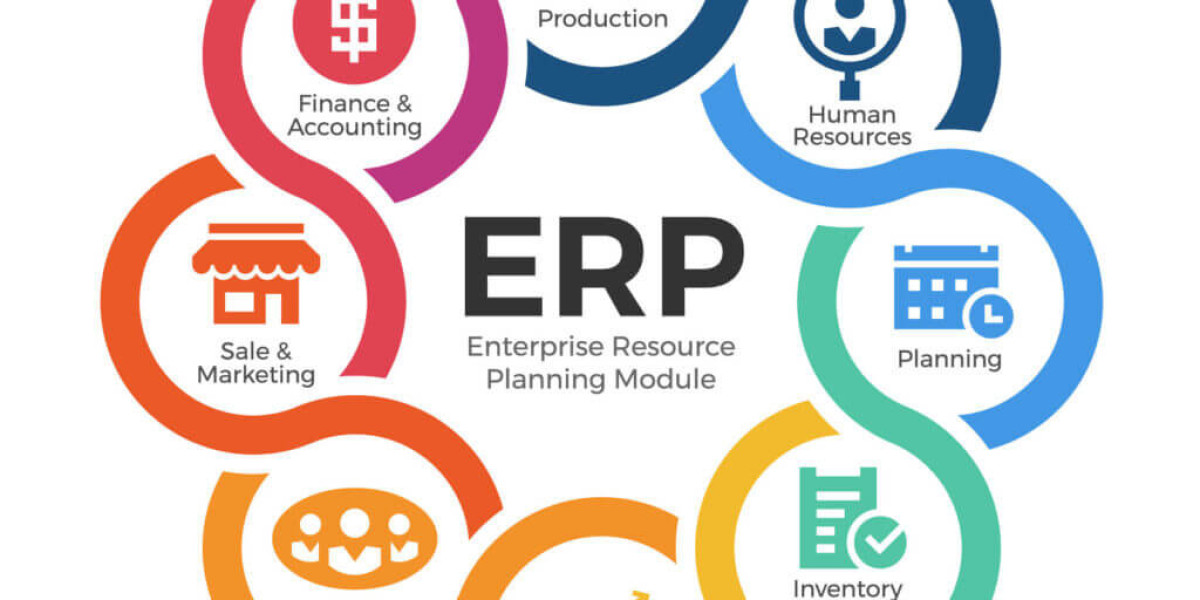The evolution of the UK's core business software sector is shaped by a set of powerful and interconnected forces. Understanding the key UK ERP Software Market Dynamics is essential for comprehending the interplay between technology, business strategy, and the competitive environment that defines this foundational industry. The primary and most transformative dynamic is the inexorable shift from on-premise to cloud computing. This is not merely a change in deployment model; it is a fundamental paradigm shift that is reshaping the entire market. The cloud dynamic is forcing a massive wave of legacy system replacement, creating a once-in-a-generation opportunity for vendors. It is also changing the economic model of the industry, moving from large, upfront license fees to recurring subscription revenues (SaaS), which provides vendors with more predictable revenue streams but also requires a greater focus on customer success and retention. This cloud-first dynamic is the single most important force influencing product development, sales strategies, and the competitive landscape. The UK ERP Software Market size is projected to grow USD 12 Billion by 2035, exhibiting a CAGR of 9.326% during the forecast period 2025 - 2035. The market's strong projected growth is inextricably linked to the momentum of this ongoing cloud migration.
A second critical dynamic is the tension between the desire for a single, integrated ERP suite and the move towards a more flexible, "composable" enterprise architecture. On one hand, many businesses are attracted to the idea of buying a comprehensive, all-in-one ERP suite from a single vendor. This dynamic, often referred to as the "suite" approach, promises simpler vendor management, pre-built integrations, and a consistent user experience. This favors the large, established ERP vendors who offer a broad portfolio of modules. On the other hand, a growing number of digitally mature UK organizations are adopting a "best-of-breed" or composable strategy. This dynamic involves selecting the best possible application for each specific business function (e.g., the best HR system, the best CRM system) from different vendors and integrating them with a core financial ERP system. This approach offers greater flexibility and allows companies to adopt innovation faster. This push-and-pull between the suite and the composable approach is a defining market dynamic, and it is forcing all ERP vendors to invest heavily in open APIs and strong integration capabilities to succeed in either scenario.
A third, and increasingly important, market dynamic is the growing skills gap in the ecosystem. Modern ERP systems, particularly during implementation and customization, require a high level of technical and functional expertise. There is a significant shortage of skilled and experienced ERP consultants, developers, and project managers in the UK. This skills gap has several profound effects on the market dynamics. It drives up the cost and extends the timeline of ERP implementation projects. It increases the demand for pre-configured, industry-specific solutions and rapid implementation methodologies that reduce the need for extensive customization. It also fuels the growth of the managed services market, as companies look to outsource the ongoing management and administration of their ERP systems to specialized partners. This skills shortage is a powerful dynamic that is shaping not only the services ecosystem but also the product strategies of the ERP vendors themselves, as they are forced to focus on making their platforms easier to implement and maintain.
Top Trending Reports -
South Korea Outsourced Software Testing Market








